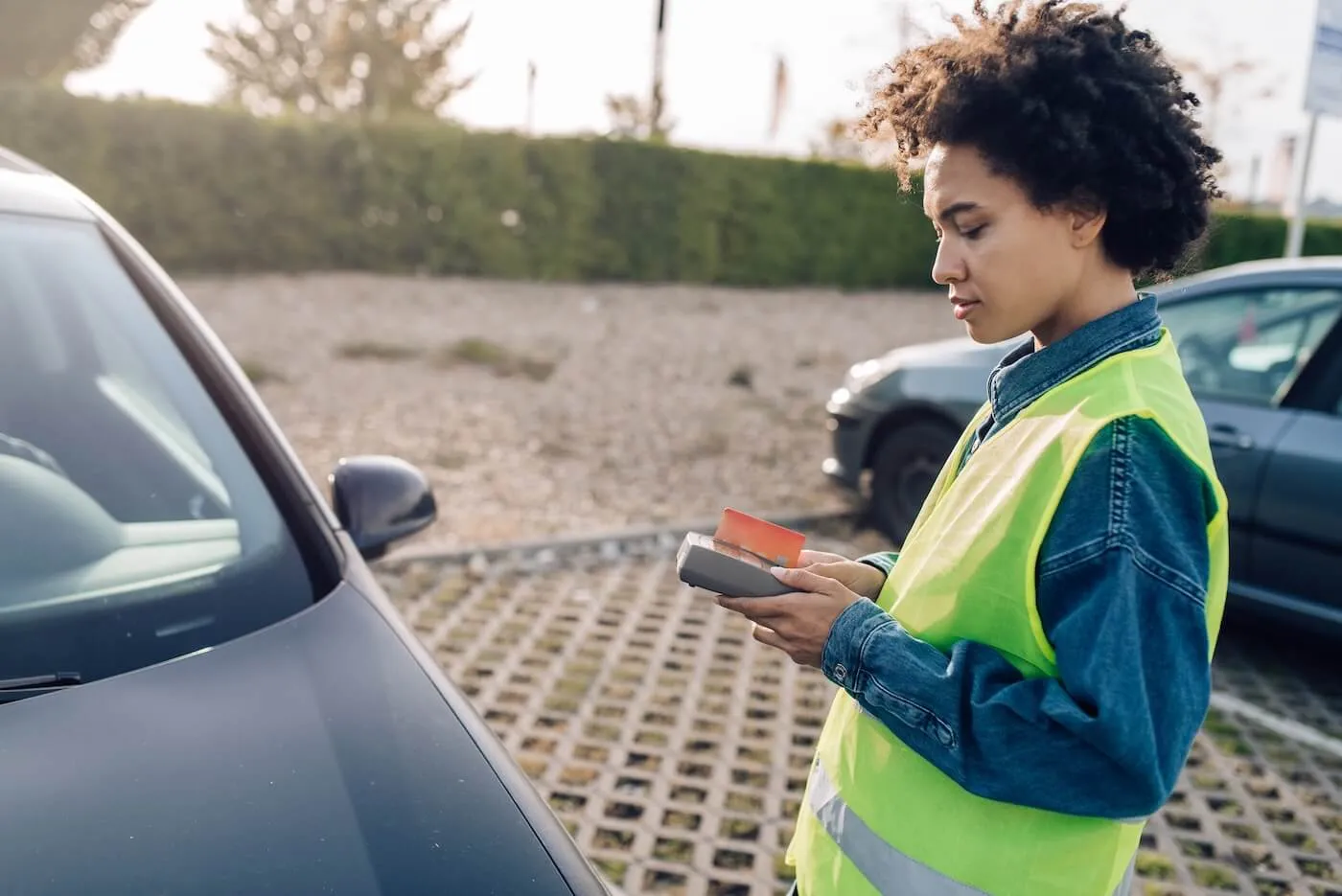How Do Traffic Tickets Affect Insurance?
Quick Answer
The degree to which a moving violation affects your insurance rate may depend on the severity of the offense. The most serious offenses, like driving under the influence, can spike your rates substantially, and potentially lead to a policy cancellation.

Traffic violations not only cost you in the form of fines but can also trigger higher car insurance premiums. Depending on the violation, your rates could soar 95% or higher, according to data from insurance comparison site The Zebra. Even worse, a traffic violation could cause your insurance company to drop your coverage altogether.
So, which violations increase your insurance rates? Does a minor offense like a rolling stop result in higher premiums? Will your auto insurer cancel your coverage if you get a ticket for reckless driving? Here are the traffic tickets that impact your insurance, plus some which may not.
How Much Does Your Insurance Go up After a Traffic Violation?
If your driving record is clean, your rates may not rise if you receive a speeding ticket for driving less than 10 miles per hour over the speed limit. On the other hand, violations could affect your insurance more severely if your record already includes moving violations.
Remember, some states allow drivers with their first violation to keep minor infractions off their record by successfully passing traffic school or a driver safety class. When you get a ticket, your auto insurance company considers several factors to determine if—and by how much—your rate should increase.
Factors your insurer may take into account include:
- Your driving record
- Whether it's your first ticket
- How long it's been since your last offense
- How much faster than the speed limit you were driving
- Where the violation occurred
Generally, your rates may not increase after your first ticket, but they are likely to rise if you receive two or more tickets within three years. For example, one insurer notes that customers' premiums increased upwards of 10% for a six-month policy after receiving their first speeding ticket in three years. Other insurers report that minor violations may raise premiums by a few cents for every dollar—so if you paid $100 per month prior to a ticket, you may pay around $10 more per month afterward.
What Tickets Affect Insurance?
As you might expect, serious violations impact your insurance rates the most. According to The Zebra's analysis of price trends across the United States, hit-and-run violations and DUIs result in car insurance rate increases of 95% and 93%, respectively. Given the serious nature of these violations, insurers may even cancel a policyholder's coverage when it's up for renewal.
On the other end of the spectrum, not wearing a seatbelt and failure to show documents (such as proof of insurance) resulted in the smallest changes to premiums, leading to average monthly premiums of $213 and $214, respectively. Compare that to the average monthly premium after no violations, $184.
The table below shows average percent increases after a violation, plus the national average monthly premium after the violation.
| Violation | Percentage Increase | Avg. Monthly Premium |
|---|---|---|
| Hit and run | 95% | $358 |
| DUI | 93% | $356 |
| Refusal of breathalyzer/chemical test | 91% | $351 |
| Racing | 86% | $345 |
| Reckless driving | 82% | $334 |
| Driving with a suspended license | 80% | $332 |
Source: The Zebra
Learn more: How Long Does an Accident Stay on Your Insurance?
How Do Parking Tickets Affect Insurance?
As a general rule, parking tickets and other non-moving violations don't affect your auto insurance rates because they have little to do with your driving ability. Non-moving violations are tickets for infractions when your car is stationary, such as:
- Parking tickets
- Windows that are too heavily tinted
- "Fix-it" tickets like broken tail lights or missing license plates
Non-moving violations may affect your insurance if you fail to address them. For example, failing to pay several parking tickets or address a fix-it ticket could lead to a rate increase. However, insurance companies treat violations differently. While one insurer won't raise your rate due to several non-moving violations, another may consider it a sign of risky behavior and adjust your car insurance costs accordingly.
Learn more: Safe Driving Tips
Frequently Asked Questions
Your Credit May Impact Your Insurance Rates
In many states, you can prevent certain violations from appearing on your driving record by successfully attending a driving safety course. Typically, you'll need to pay a traffic school fee on top of your court fees, but it could be worth the investment to prevent higher insurance rates in the long run.
It's also smart to maintain strong credit, especially since many states allow insurers to consider credit-based insurance scores when calculating your premium. Check your credit report and FICO® ScoreΘ for free with Experian to see where you stand. If necessary, address any issues you discover and take steps to improve your credit. The extra effort is worthwhile if it results in lower auto insurance costs.
If you're shopping for new auto insurance, try Experian's auto insurance comparison tool. You'll be able to view different insurers' offerings side by side to find the right fit for you.
Don’t overpay for auto insurance
If you’re looking for ways to cut back on monthly costs, it could be a good idea to see if you can save on your auto insurance.
Find savingsAbout the author
Tim Maxwell is a former television news journalist turned personal finance writer and credit card expert with over two decades of media experience. His work has been published in Bankrate, Fox Business, Washington Post, USA Today, The Balance, MarketWatch and others. He is also the founder of the personal finance website Incomist.
Read more from Tim